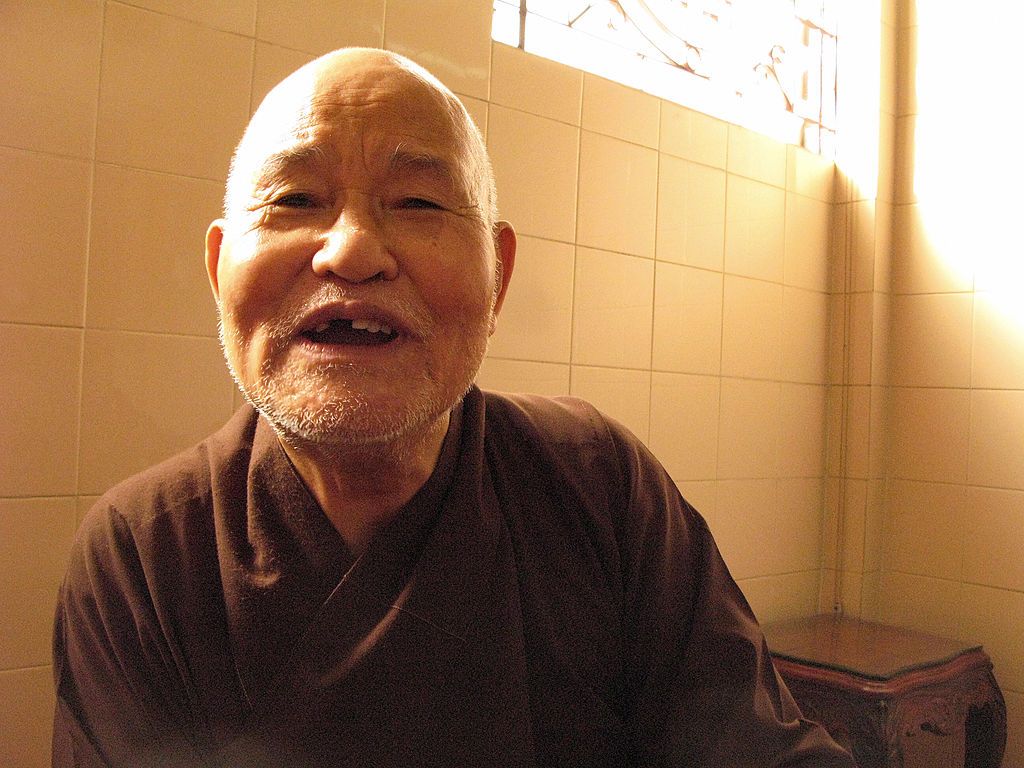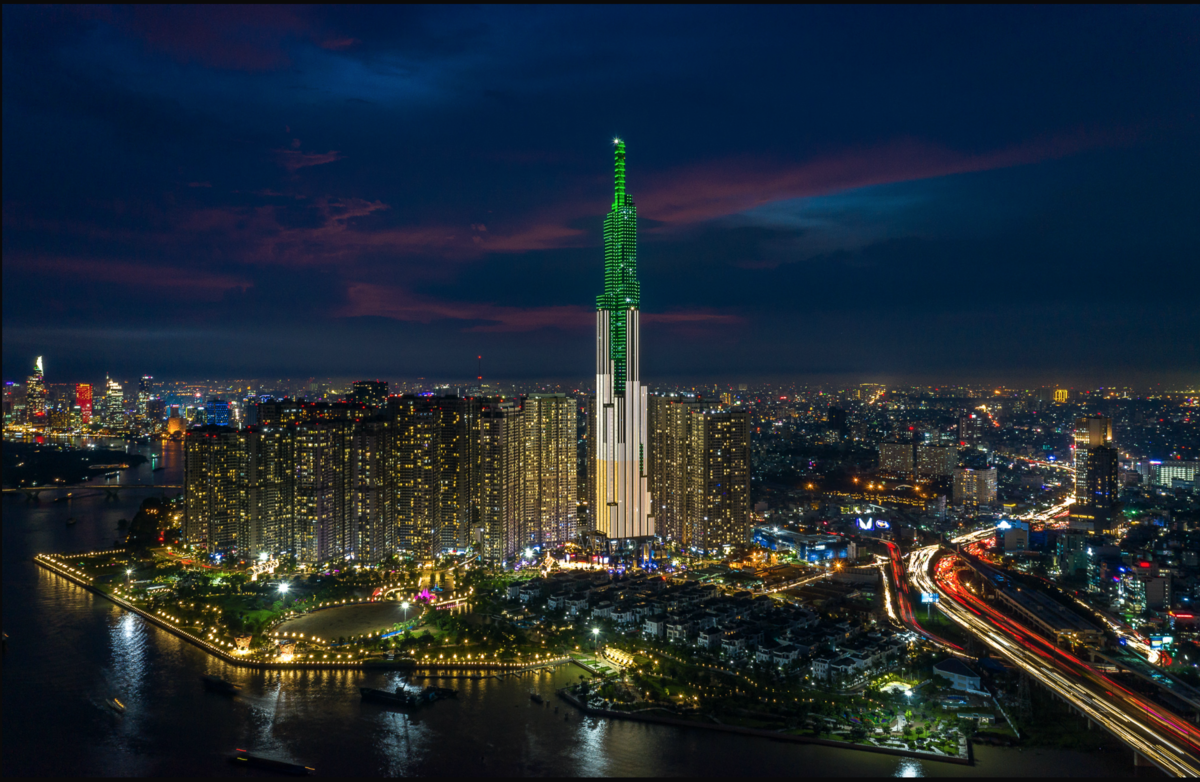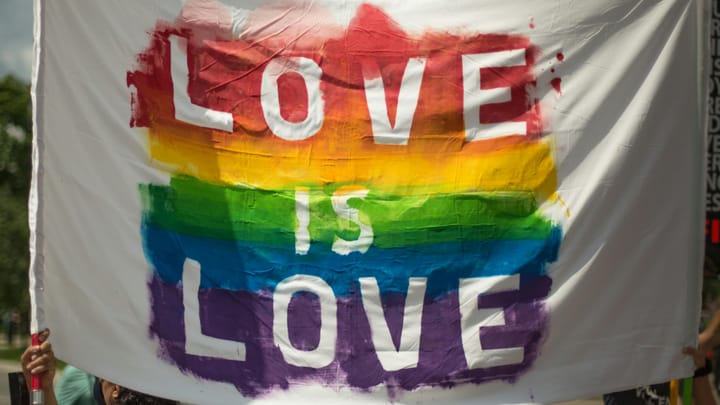Monk, dissident and Nobel Peace Prize nominee Thich Quang Do dies

A few minutes every morning is all you need.
Stay up to date on the world's Headlines and Human Stories. It's fun, it's factual, it's fluff-free.
Thich Quang Do, a Buddhist monk in Vietnam who had stood up to the Communist Party for human rights and religious freedom, died on Saturday at the age of 91. He passed away from complications related to diabetes, a heart condition and high blood pressure.
Thich Quang Do spent many years in conflict with the government. He had been under house arrest since 2003 for his role in leading a religious institution known as the Unified Buddhist Church that had been banned by the government for non-adherence to its communist ideology.
He leaves behind a legacy of perseverance in the face of government opposition and was nominated for the Nobel Peace Prize on several occasions.
In a rare interview in 2003, he told the Associated Press that the Vietnamese government was abusing citizen’s rights with regard to free speech.
“People are very afraid of the government [… ] only I dare to say what I want to say. That is why they are afraid of me,” he said.
A changing Vietnam

Since the end of the Vietnam War in the 1970’s, the country has seen tremendous economic progress.
After political and economic reforms were initiated by the Communist Party in 1986, the country saw rapid growth and is now considered one of the region’s economic success stories.
Thich Quang Do spoke often of his belief that social progress was just as important as economic progress, if not more. Without democracy, freedom and human rights, “we cannot make any progress in the real sense,” he said.
Ongoing disagreements
Over the years, the Vietnamese government denied that Thich Quang Do was under house arrest, saying in 2005 that “[those supposedly in detention] are leading normal lives in their monastery.”
At the time, however, a UN report found that Thich Quang Do faced restrictions that were “equivalent to detention.”
Meanwhile, the US government has continued to make note of Vietnam’s religious intolerance. In April 2019, Vietnam was put on a State Department blacklist as one of the world’s worst abusers of religious freedom.
Brad Adams, the director of Human Rights Watch in Asia, echoed these overall sentiments. “The Vietnamese government claims that its citizens enjoy freedom of expression, but this ‘freedom’ disappears when it is used to call for democracy or to criticize the ruling Communist Party,” he said earlier this year.
[articl_ad]




Comments ()